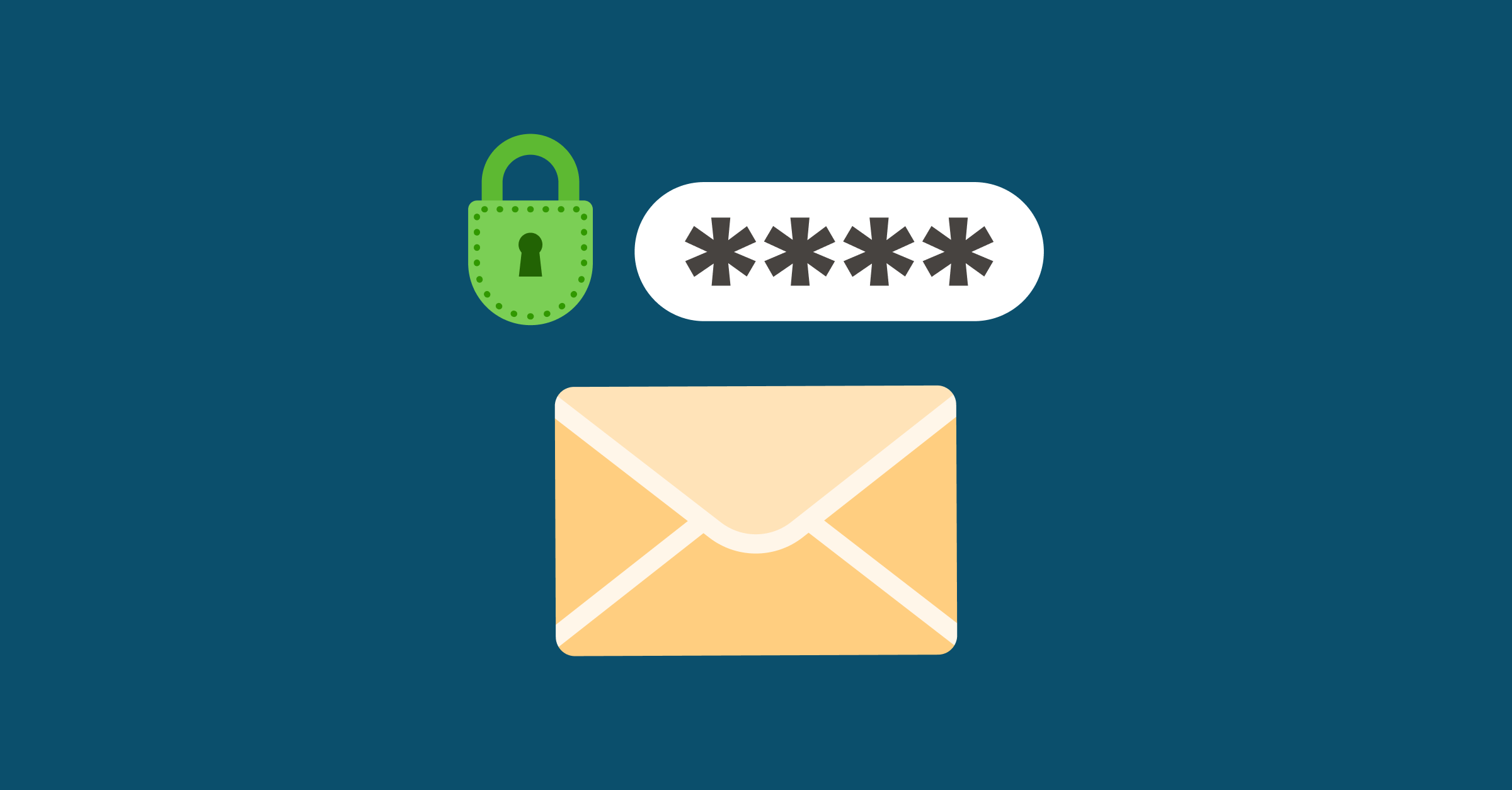Password Protection
Private information is safeguarded by a password, highlighting the importance of its strength. Crafting a longer and diverse password enhances its resilience against guessing or cracking attempts. It's noteworthy that a ten-character, all-lowercase password can be deciphered within a day, while one comprising lowercase, uppercase, and numerical characters takes 49 days to crack. For increased security, opt for a password containing lowercase, uppercase, numerical, and symbol characters, which would require 2,801 days to crack.
Create Strong Passwords
Emphasize the use of robust passwords, favoring passphrases over single words. Incorporating a mix of uppercase and lowercase letters, numbers, and symbols strengthens the passphrase. Aim for a passphrase exceeding ten characters in length. Remeber longer and stronger passwords are always better.
Unique Passwords for Accounts
Adopting distinct passwords for various accounts significantly boosts defenses against cyber threats. In the event of one account being compromised, others remain secure.
Use a Password Manager
Explore the option of employing a password manager, facilitating the management and generation of passwords. Below are some recommended password managers:
CSUB Password Policy
Minimum requirements for passwords:
- Not contain the user's account name or parts of the name that exceed two consecutive characters
- Be at least eleven (11) characters in length
- Contain characters from three of the following four categories:
- Uppercase characters (A through Z)
- Lowercase characters (a through z)
- Numbers (0 through 9)
- Non-alphanumeric characters (for example, !, $, #, %)
- No reuse, passwords will not be allowed to be set to any of the users last 12 previous passwords
- Will be checked against a known password compromised list before accepted
For more information, visit our Password Policy page.
Email Protection
- Excercise caution with public computers:
- Always log out completely when using a computer in a public setting.
- Safegaurd your email address:
- Be mindful of where your email address is visible.
- Avoid sharing your email address in social media or blog posts, i.e. LinkedIn, Instagram.
- Secure your workspace:
- Lock your desktop or laptop and close email clients when leaving your desk.
- Encryption:
- Protect your data with encryption methods and store files in encrypted formats, if available to you.
- Maintain email organization:
- Delete unnecessary messages and regularly clear out trash and outgoing mail folders.
- Create Outlook Rules to keep inbox organized from different services you receive emails from.
- Report spam messages and unsubscribe from unwanted email senders.
- Verify incoming emails:
- Confirm the contents of email attachments before opening them, and refrain from clicking on attachments from unknown senders.
- Never respond to emails requesting confidential or personal information, as legitimate entities won't soliciy such details via email.
Office of Information Security
InformationSecurity@csub.edu
(661) 654-3425
Doug Cornell
Information Security Officer
dcornell@csub.edu
(661) 654-3474
Office: LIB ITV2C
Return to Information Security Home
